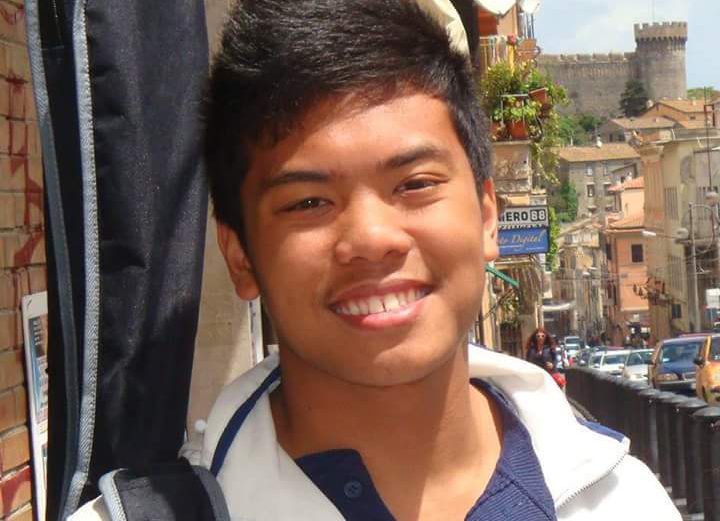Allen Magsino on Women’s Rights
The 8th of March is International Women’s Day, a time dedicated to the celebration of women’s achievements in all areas of society. In the Philippines, the month of March was proclaimed as Women’s Month while in the US, Canada and Australia Women’s History Month is celebrated to recognise the contributions of women in history and in our time.
I asked Allen Magsino, a young man from YENFiD-Italy about his thoughts on the celebration of Women’s rights. Read on and learn more about what he thinks.
1. What is Women’s Month for you? Do you think we need to celebrate it?
Women’s Month is for me something new. I know Women’s Day, but I haven’t heard about Women’s Month. And I’m pretty sure also other people haven’t. So I believe we have to spread this wonderful celebration, because even though in the last years humanity made big steps about the issue of gender discrimination, in some realities this is still a big problem. Promoting this kind of event can help to sensitise the people on this issue and maybe one day this type of celebration won’t be necessary. But for now, Women’s Month, like other events whose goal is among others, to erase discrimination against women, has to be celebrated and publicised more and more, until all these issues will only be some “sad memories.”
2. Women’s rights are not equal with men. What can be done to improve it?
I believe, as civilised persons, we don’t have a lot of instruments to change the narrative, but this doesn’t mean we can’t change that. Through associations like ENFiD we can make some “noise” about the social problems we face everyday and when this “noise” turns into a “subtle voice” which enters in social influencer’s mind, politicians, VIP and academic people… then there will be a real possibility to make some improvements in resolving the problem. I think that ENFiD, because of its “Europe-wideness” and influence it can do a lot, especially for overseas Filipino female workers. In some countries Filipina workers are respected but in other countries they are not. In fact, sometimes, we hear about “Pinays” being abused by their employers and other sad, monstrous stories. We have to work on it, we have to change the narrative!
3. How should parents teach their children about equality?
I believe that parents themselves can teach their children about equality more effectively only in this way, showing them that parent A can do the stuff that parent B can and vice versa. I think, it can also help if they put their children in context where they can learn more about team work or where they can feel the importance to be in a group and to have a group.
4. How do Euro-Filipinas define their identity? Please give examples like in Italy.
Since I’m a boy I really don’t know how a Euro-Filipina can define herself. Maybe, I can say at least something, Euro-Filipinas can feel more comfortable with the European mindset rather than the Filipino one since the European mindset is more “liberal” than the Filipino one, especially in the lifestyle which the woman can have.
5. What are the challenges that Euro-Filipina experience in defining their identity?
I guess the challenges they face are more or less the same which also the Euro-Filipinos face, plus the issues that society associate them with because of their gender. The challenges are different from each type and situation, for example for the second-generation Filipinos, they turn their back especially on reconciling the double cultural identity. Euro-Filipinos can learn how to overcome the contrasts with the Europeans because of the differences between European and Filipino values. At the same time, to learn to integrate in the Filipino society even though they were born and raised in a European country.
While, for the Overseas Filipina Workers the main challenge is to prove that they can do the same jobs the European people do!

